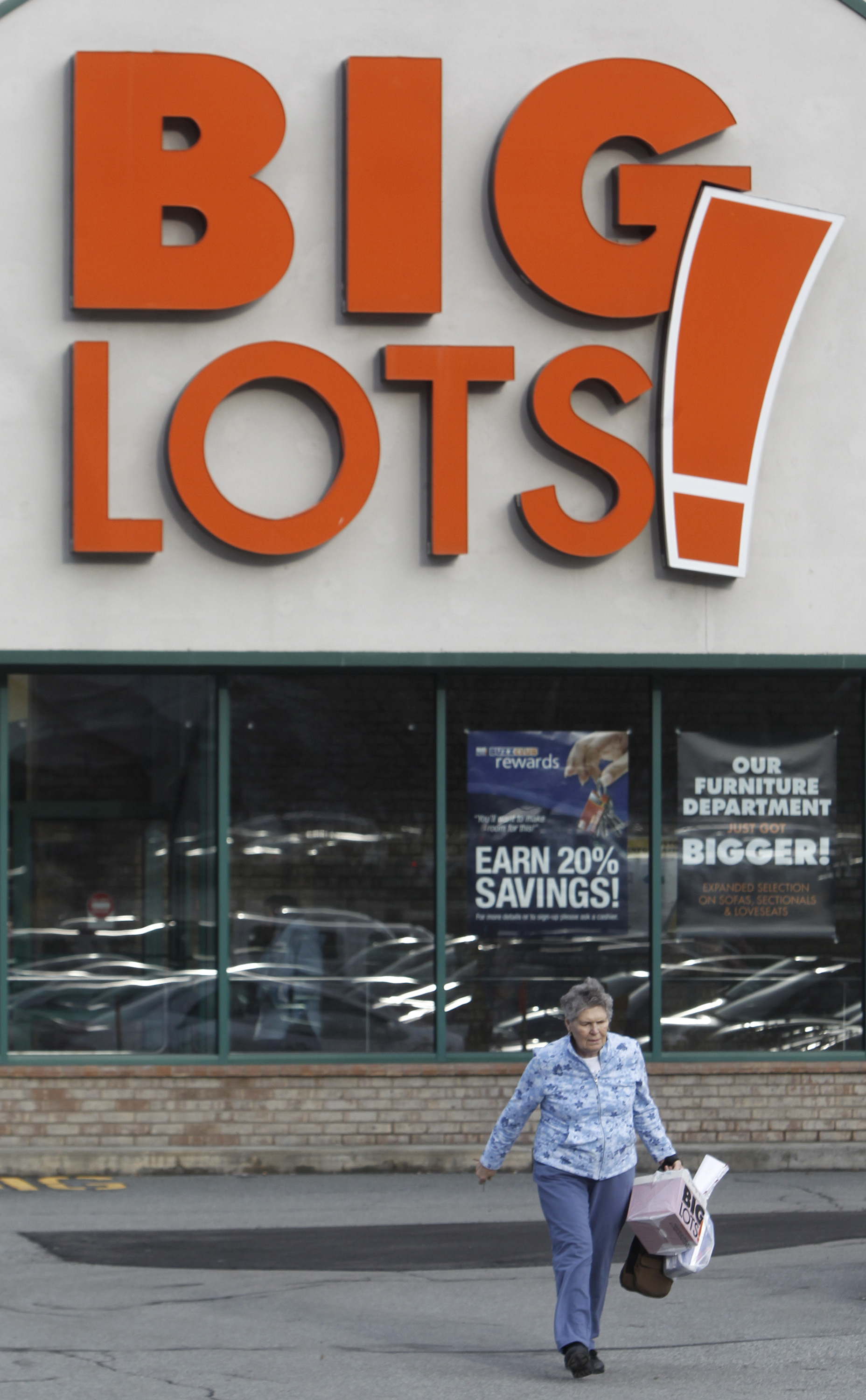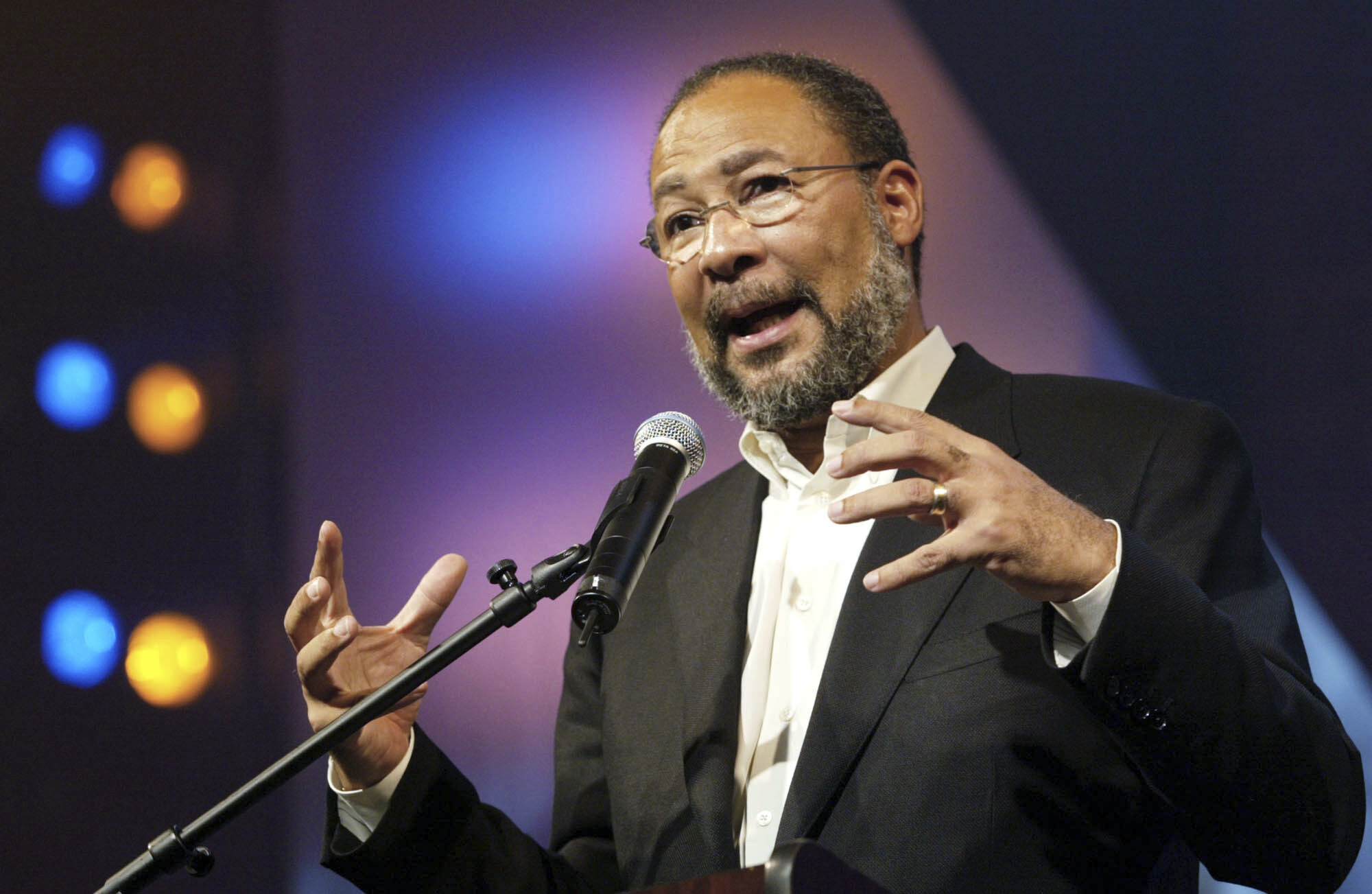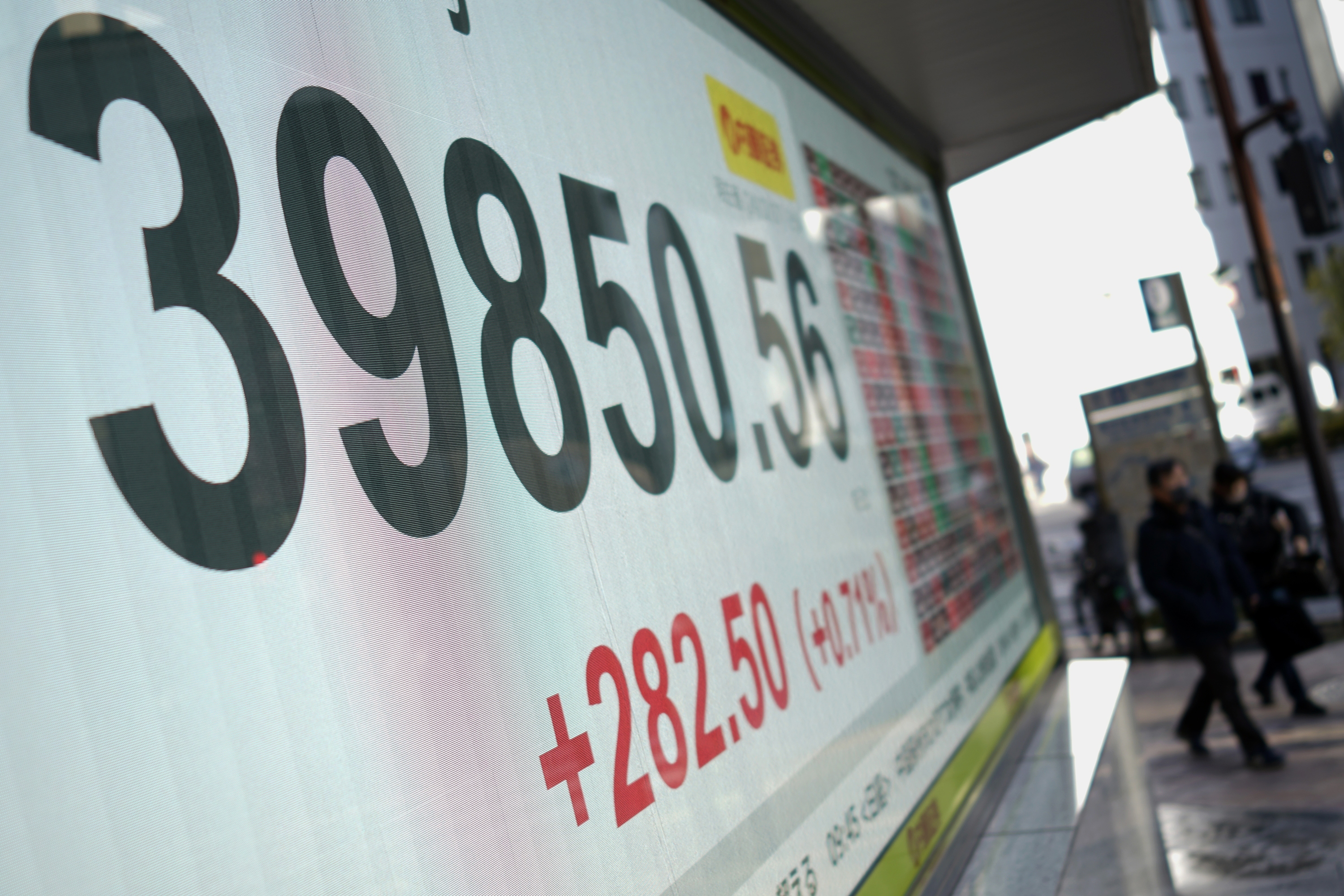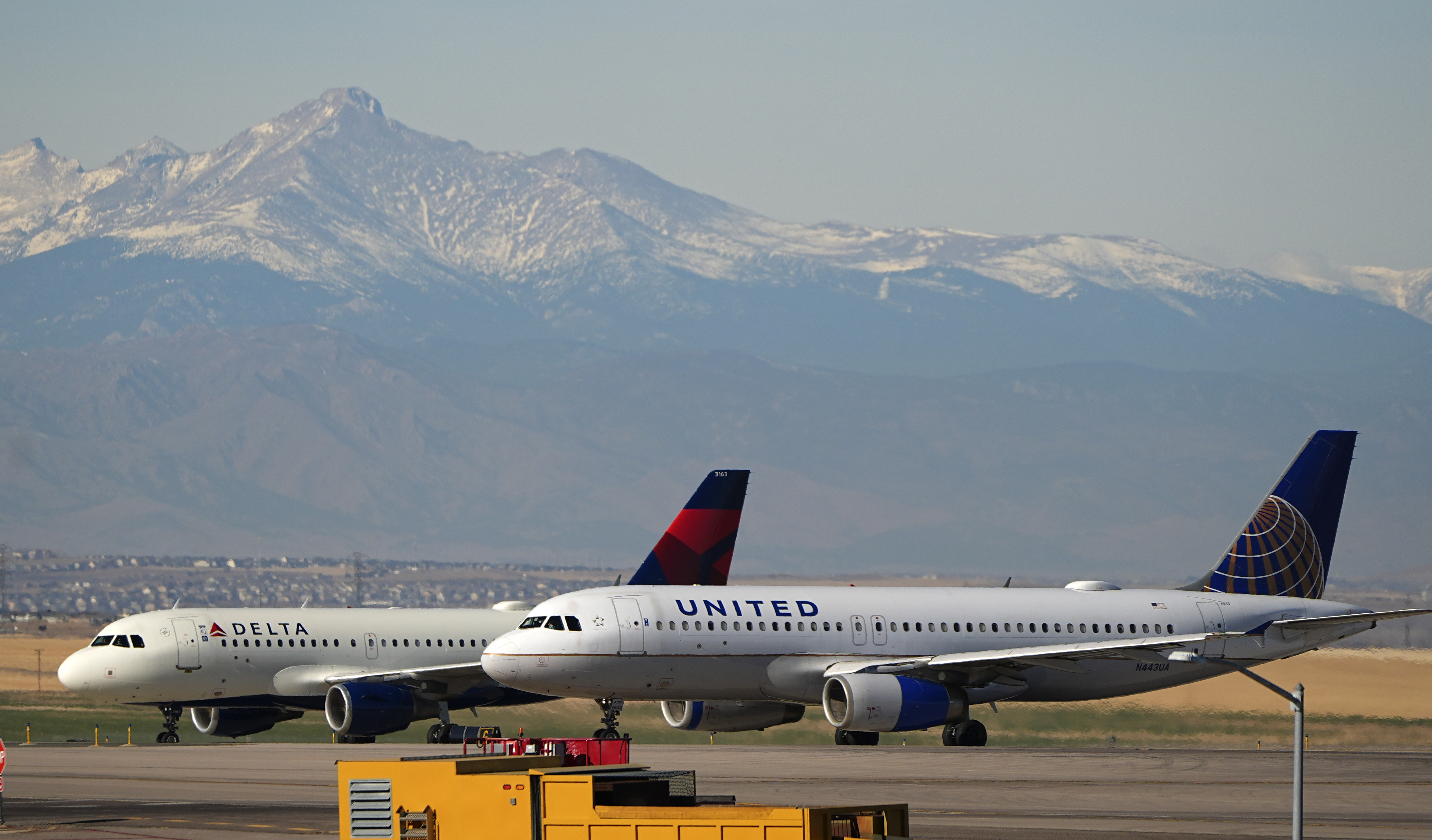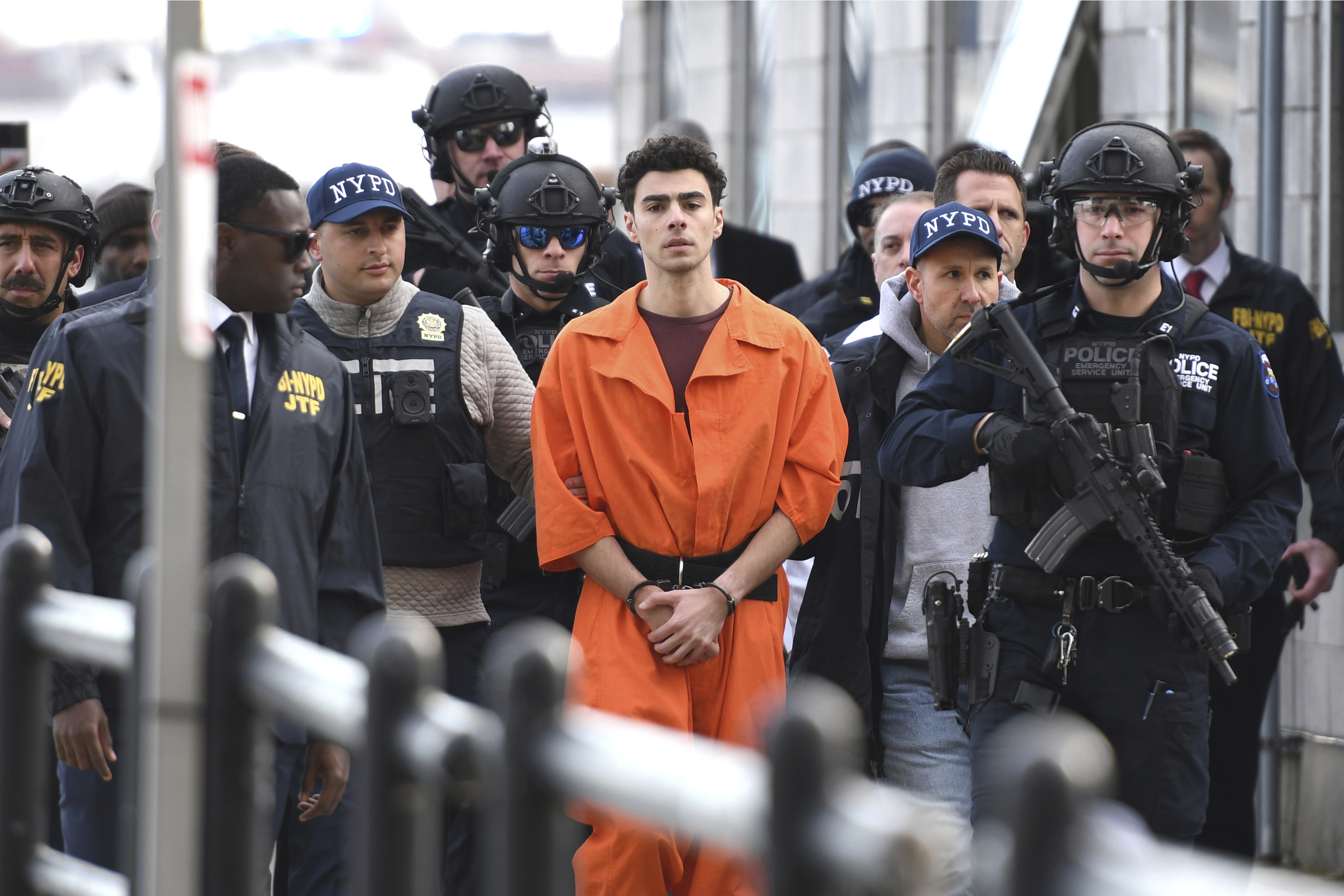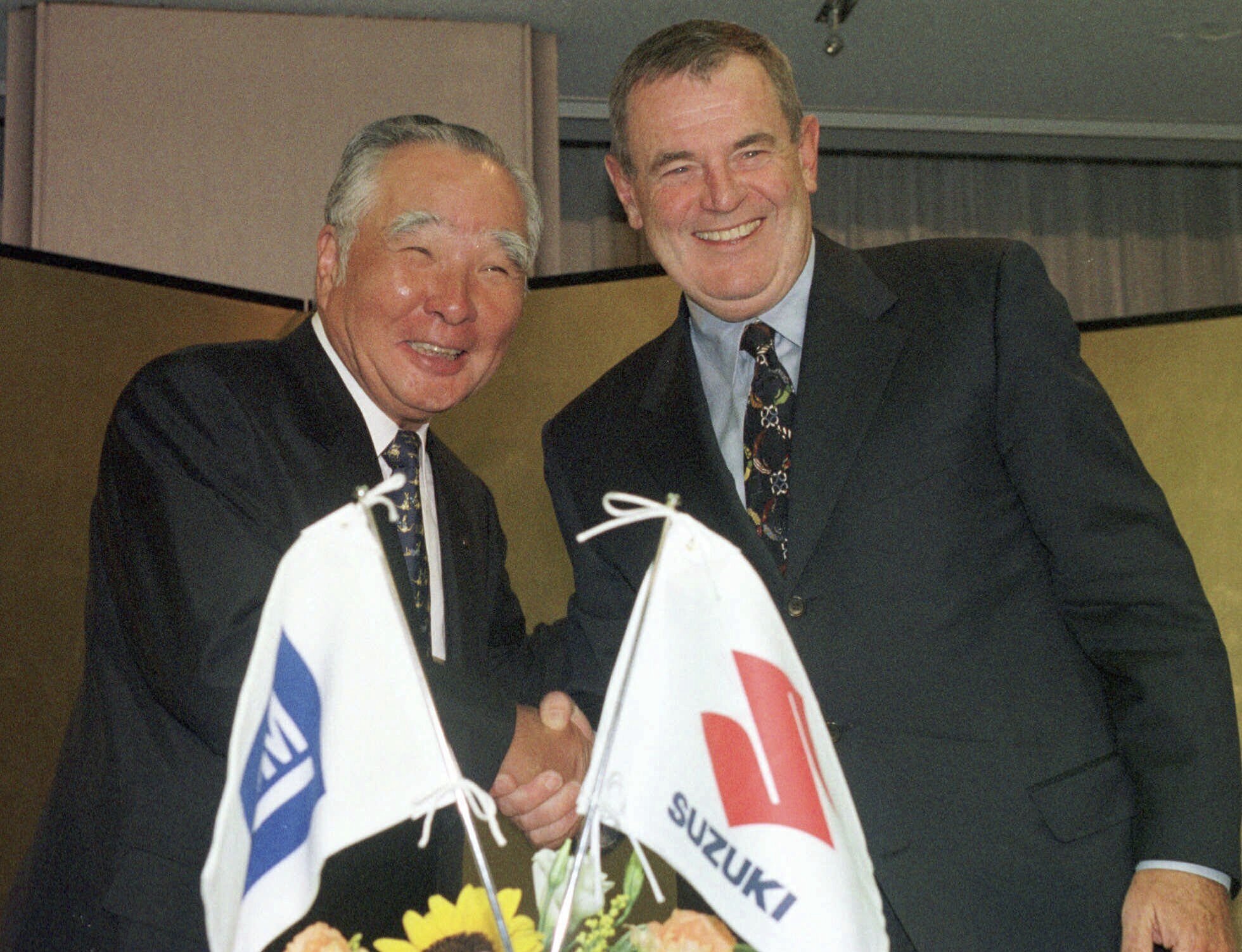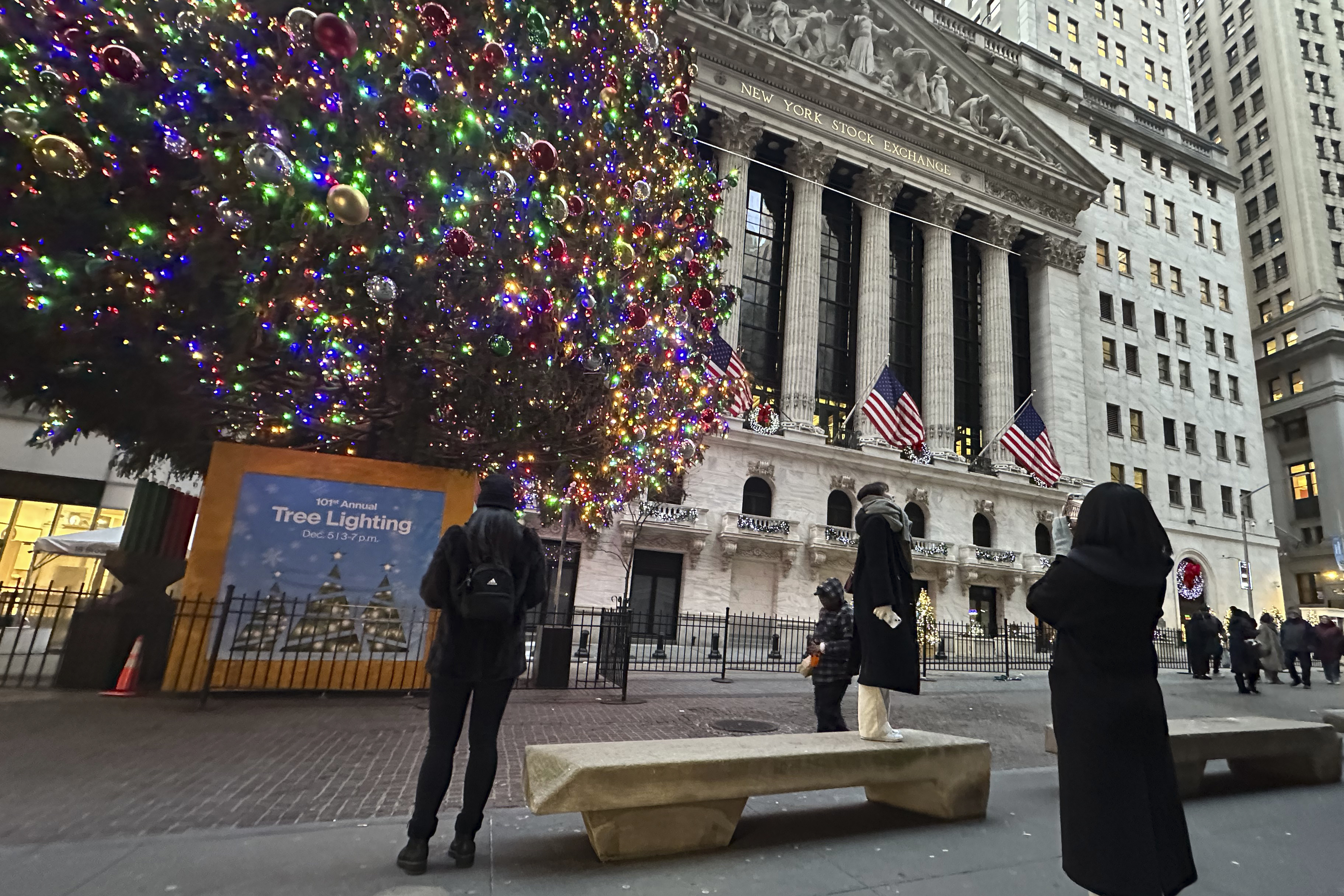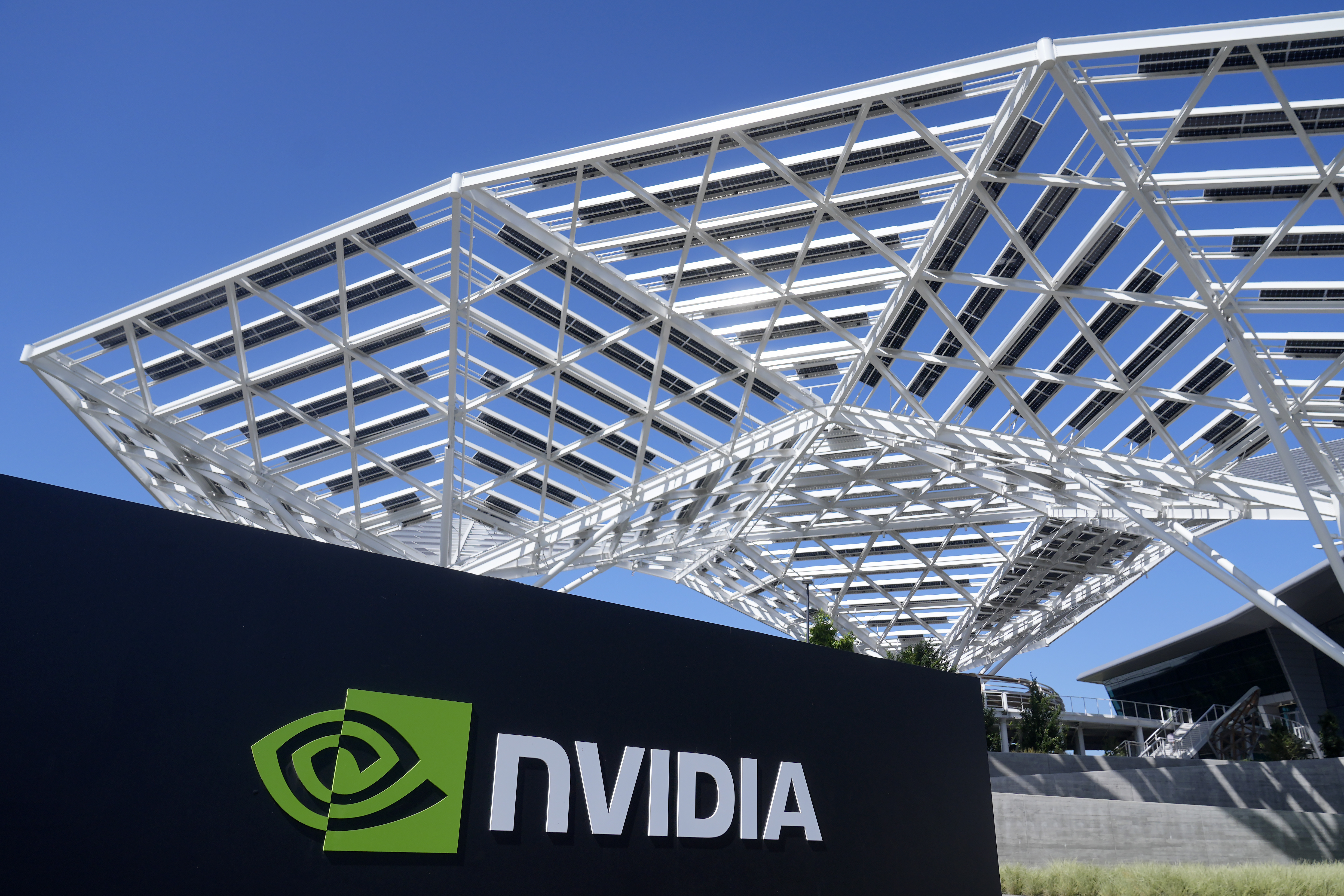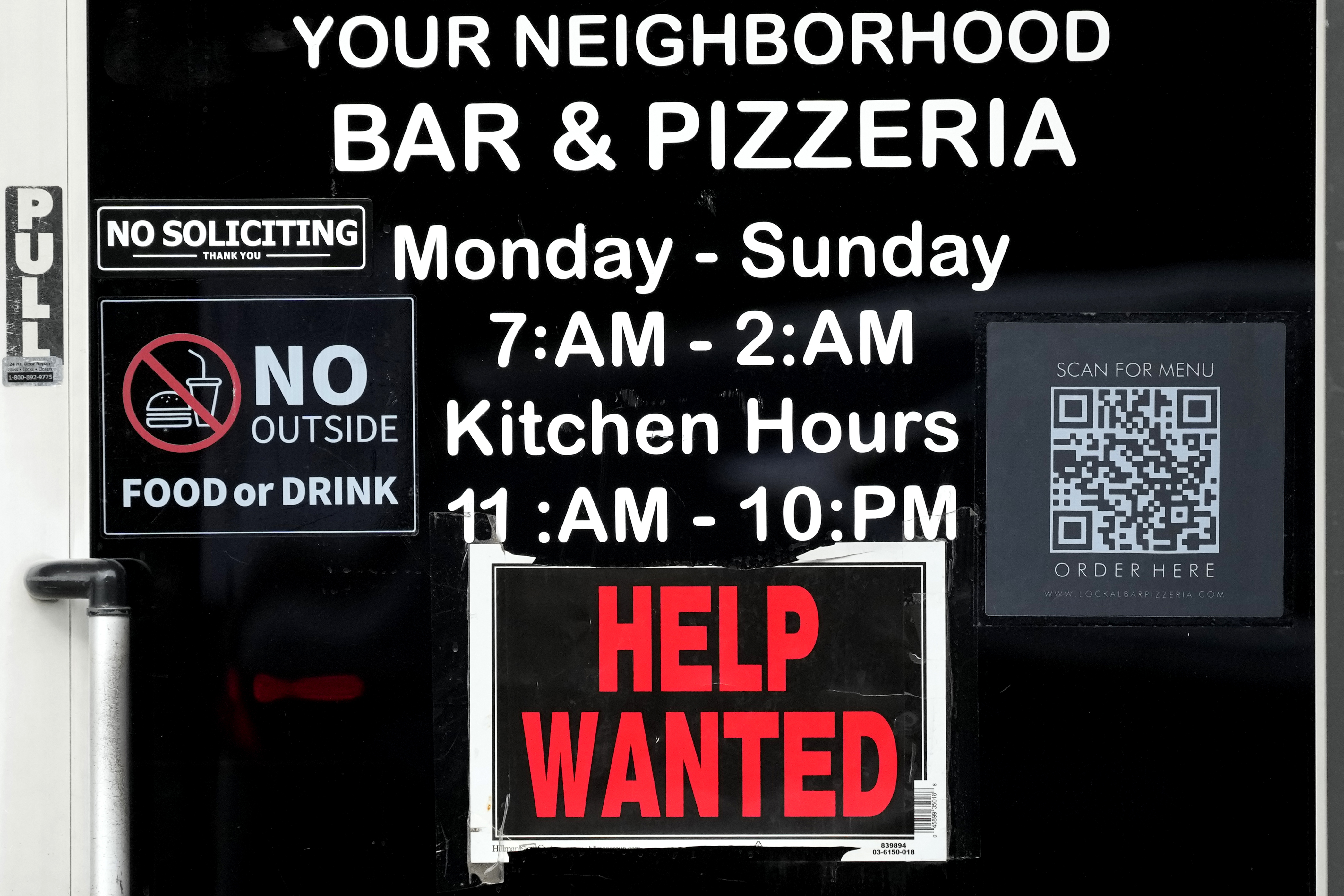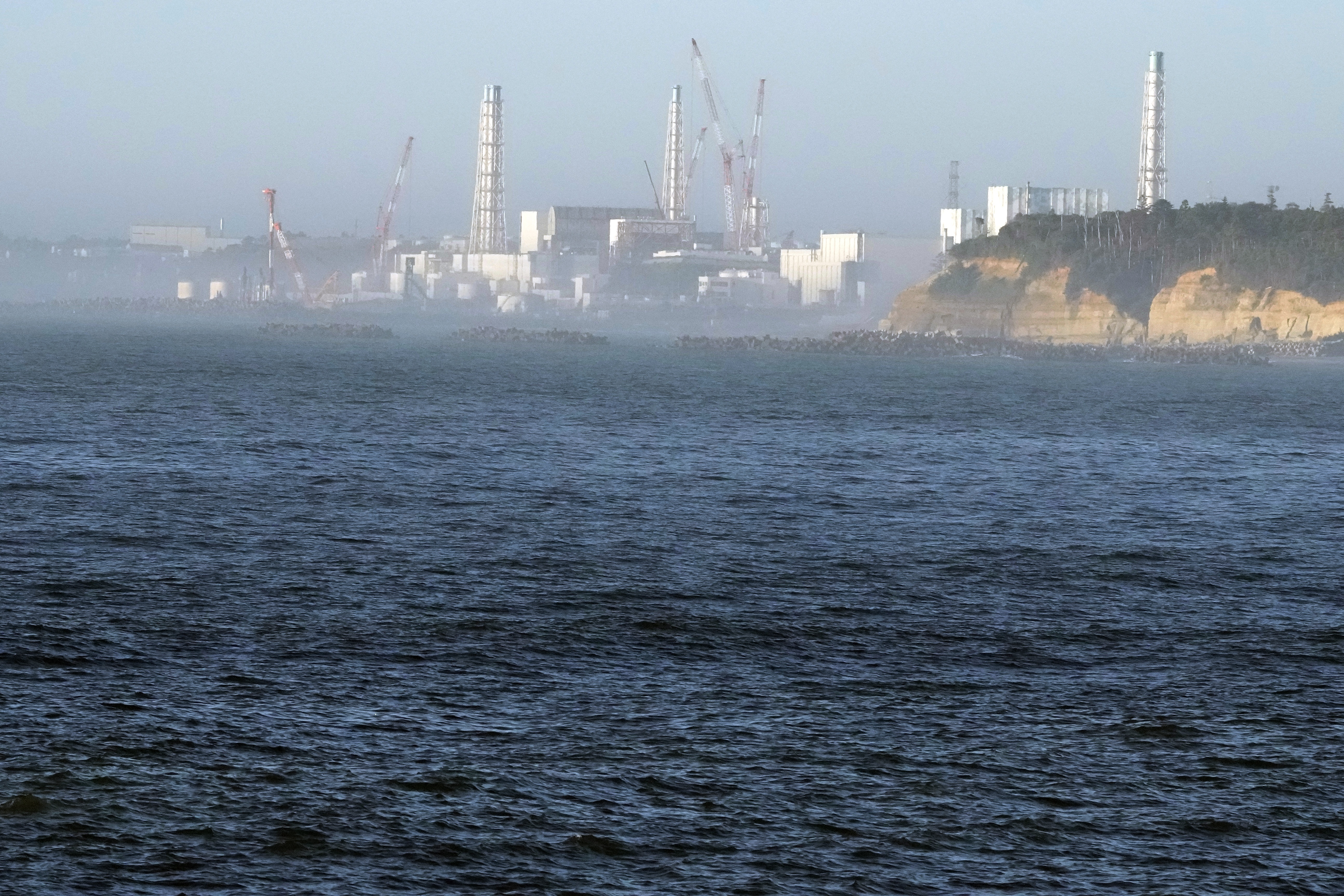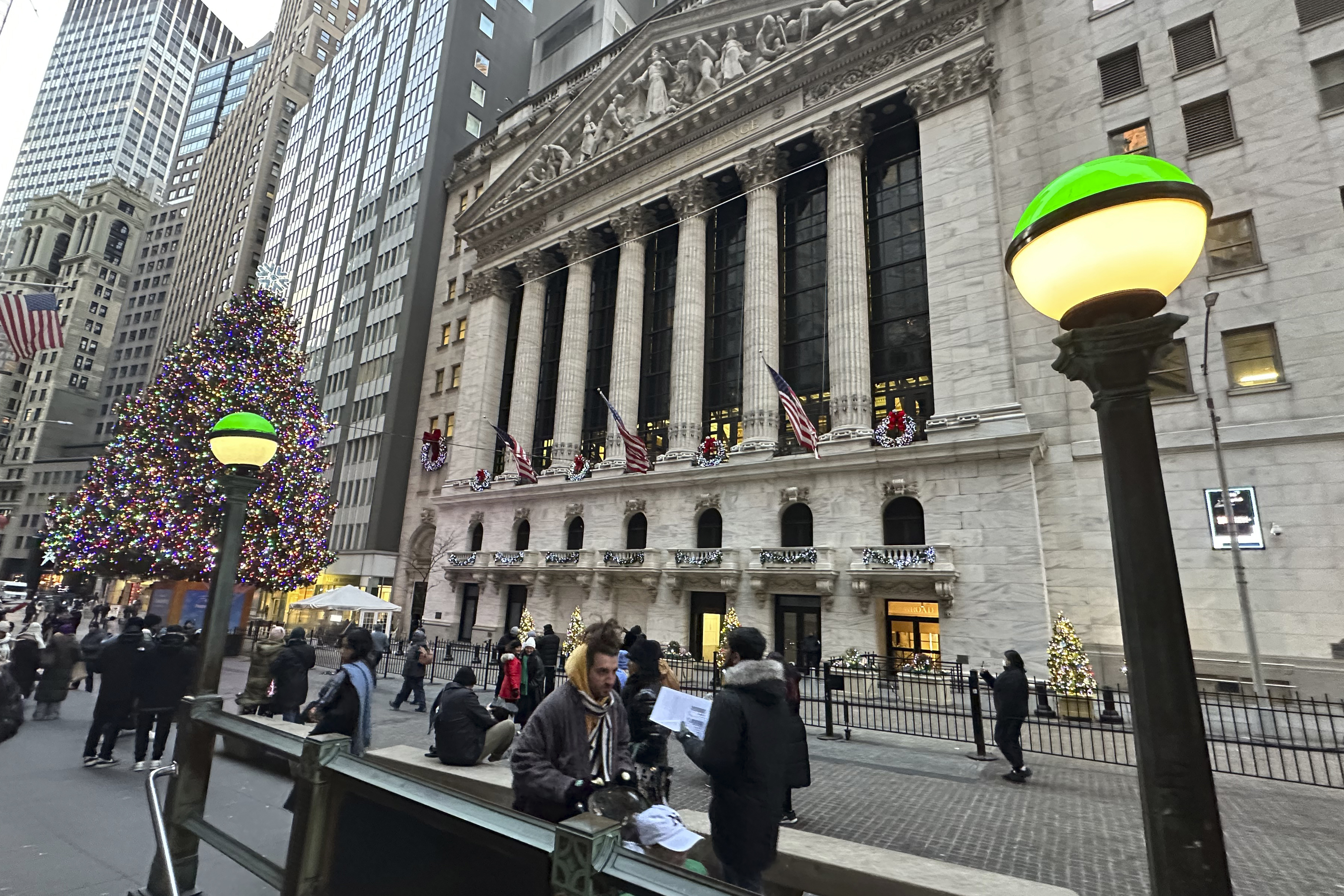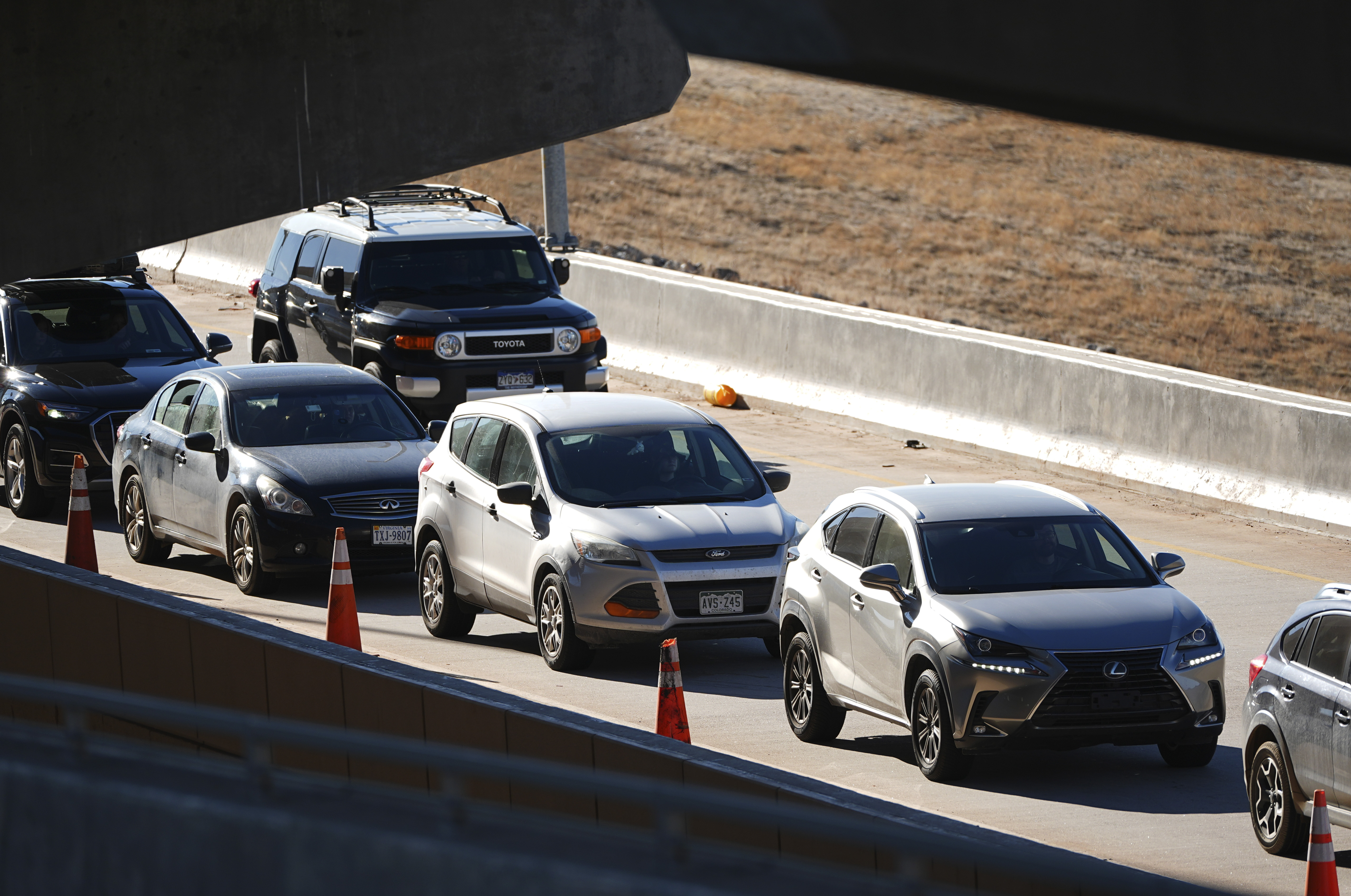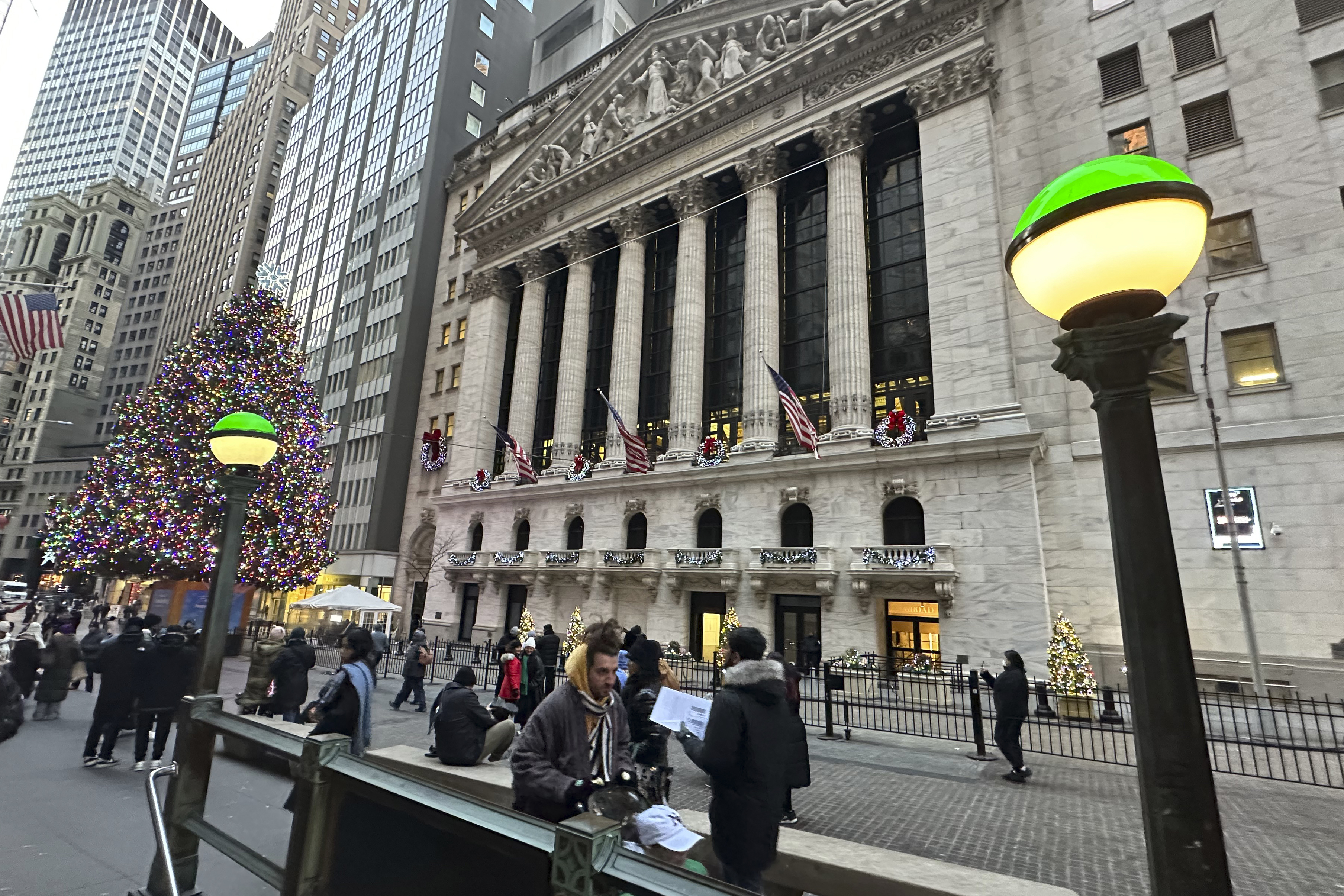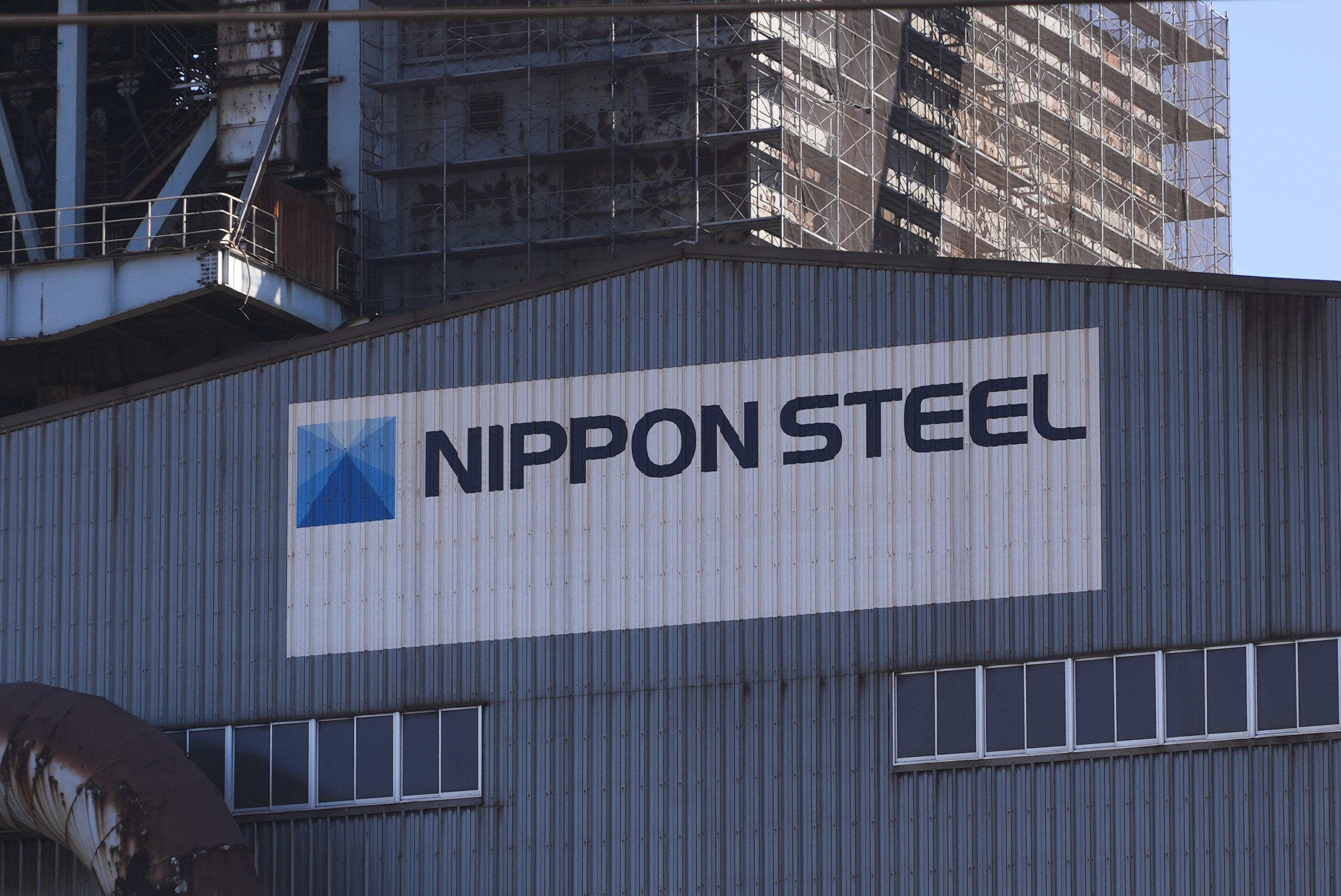SUFFOLK, Va. (WAVY) — The next steps in planning the development of a new Kings Highway bridge can now be taken following the delivery of more than $3 million in federal funds.
The money, secured by the city’s congressional delegation will cover 30% of the design costs associated with replacing the bridge over the Nansemond River. That includes progressing through the National Environmental Policy Act (NEPA) phase, developing the Bridge Type/Size/Location (TSL) Report, and completing necessary geotechnical work, according to the city.
Tuesday, Sen. Mark Warner (D-Va.) participated in an official check presentation with city of Suffolk leaders at Suffolk’s traffic operations center south of downtown and touted the project as one that’ll make life easier for those living in Western Tidewater.
Traffic has been an increasing concern in the increasingly more populous city.
Even from Washington D.C., Warner said he has heard about the gridlock that can occur region-wide when an accident occurs on Route 58.
“This bridge will help not only 58, it will provide a little bit of relief in terms of [Interstate] 664,” Warner said. “It is not a silver bullet that will solve all the problems — it is still a rural road. But it will relieve some of the congestion on the adjacent roadways.”
For nearly 80, years drivers were able to cross the Nansemond River on a Kings Highway Bridge that connected the villages of Chuckatuck to the north and Driver to the southeast.
However in 2005, the bridge was closed, and by 2007, it was torn down due to neglect.
The plan now is to not rebuild the bridge on its original footprint. Instead, Suffolk would build it from Kings Highway in Driver to Five Mile Road, off Godwin Boulevard.
This would ensure that traffic does not overload the village of Chuckatuck. Overall, the project will have less impact on existing homes and businesses, according to Mayor Mike Duman.
“As far as done deals are concerned, I think that is the decision that has been made on where to locate the bridge,” Duman said.
The total cost in 2030 figures is estimated to be $186.3 million. So far, the city doesn’t have the funds.
For that fact, there is no timeline yet for completion.
